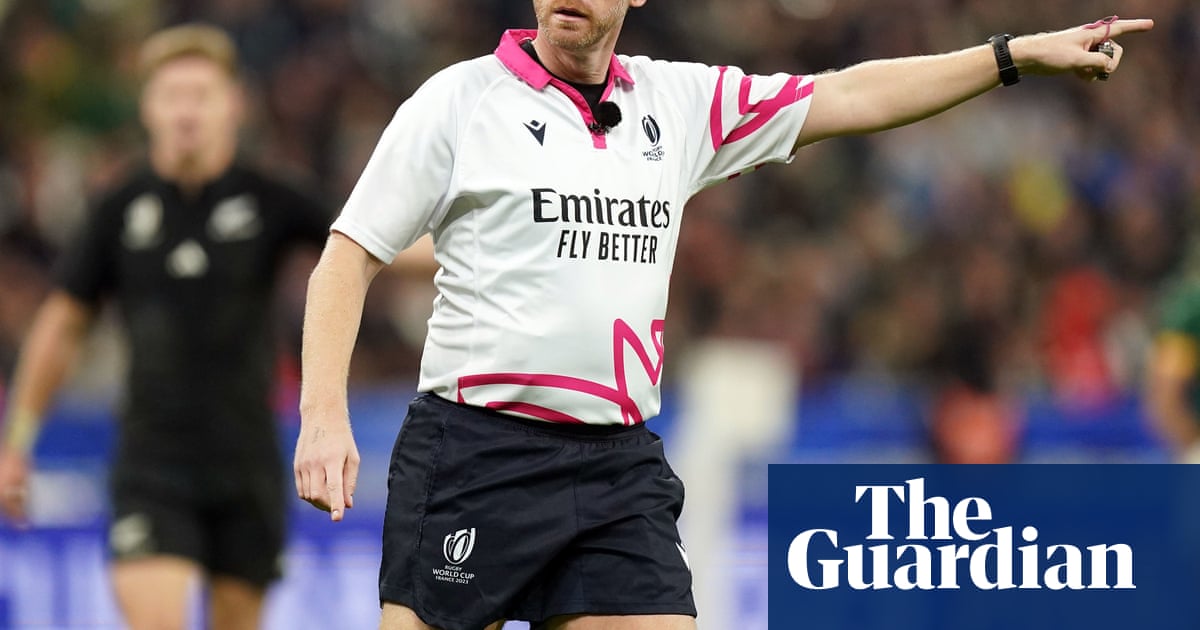The amount of “vile” online abuse directed at people in sport is getting worse and is having a “devastating impact” on their lives, livelihoods and families, a new report by Ofcom andKick It Outhas found.
One anonymous respondent said they had even barricaded themselves inside their house for a week for fear of who they might meet outside, while others spoke of the damage done by threats made to themselves or their families. They included Azeem Rafiq, who told the report that nothing could prepare him for theabuse he receivedafter speaking out about racism at Yorkshire County Cricket Club.
“The impact of this experience on me as a human being and on my mental health has damaged my life to such an extent, I’m not sure I’ll ever be able to quantify it,” he said. “People would post on social media that I was a ‘Dirty P-word’; that I should ‘Fuck off back to Pakistan’ and that ‘All Muslims are bombers’. The abuse left me feeling incredibly paranoid, at times, and often made me question my sanity.”
Meanwhile, the former rugby referee Wayne Barnes said that while he could cope with abuse suggesting that he should be hanged, and images of him as an effigy being attacked, it was a different story when it wasdirected at his wife. “What made it worse was the direct impact over time on my family,” he said. “Misogynistic language aimed at my wife because of her association with me, including comments like ‘You fucking bitch! You slut! Tell your husband he’s shit’ and, at times, threats of sexual violence.”
The report also spoke to sport stars, who said abuse had the potential to affect their performance, as well as presenters who said they often self-censored because of online hate.
The Kick It Out chair, Sanjay Bhandari, said the report showed that abuse of people in sport had become “normalised”. “The impact of online abuse is undeniable, and the rise in discriminatory social media reports to Kick It Out last season shows it’s getting worse,” he said. “This isn’t about a few hateful comments. It’s about a culture of abuse that has become normalised. It’s about a social media ecosystem that too often enables and amplifies abuse. And it’s about victims who feel imprisoned by that culture of abuse.”
While much of the abuse is not illegal under the law, the report found it still had a deep impact – with those sending it becoming bolder because of the perceived lack of consequences. Social media platforms now have a duty under the Online Safety Act to do more to protect users. However, Jessica Zucker, online safety director atOfcom, said they needed to be more proactive.
Sign up toThe Recap
The best of our sports journalism from the past seven days and a heads-up on the weekend’s action
after newsletter promotion
“So many people who work in sport are subjected to vile abuse online,” she said. “This is having a devastating impact on them, their livelihoods and their families, and no one should have to put up with it. The UK’s new online safety laws mean tech firms now have to start protecting people from illegal forms of abuse. We’ll be pushing companies hard to make their services safer by design, and holding them to account if they don’t.”
